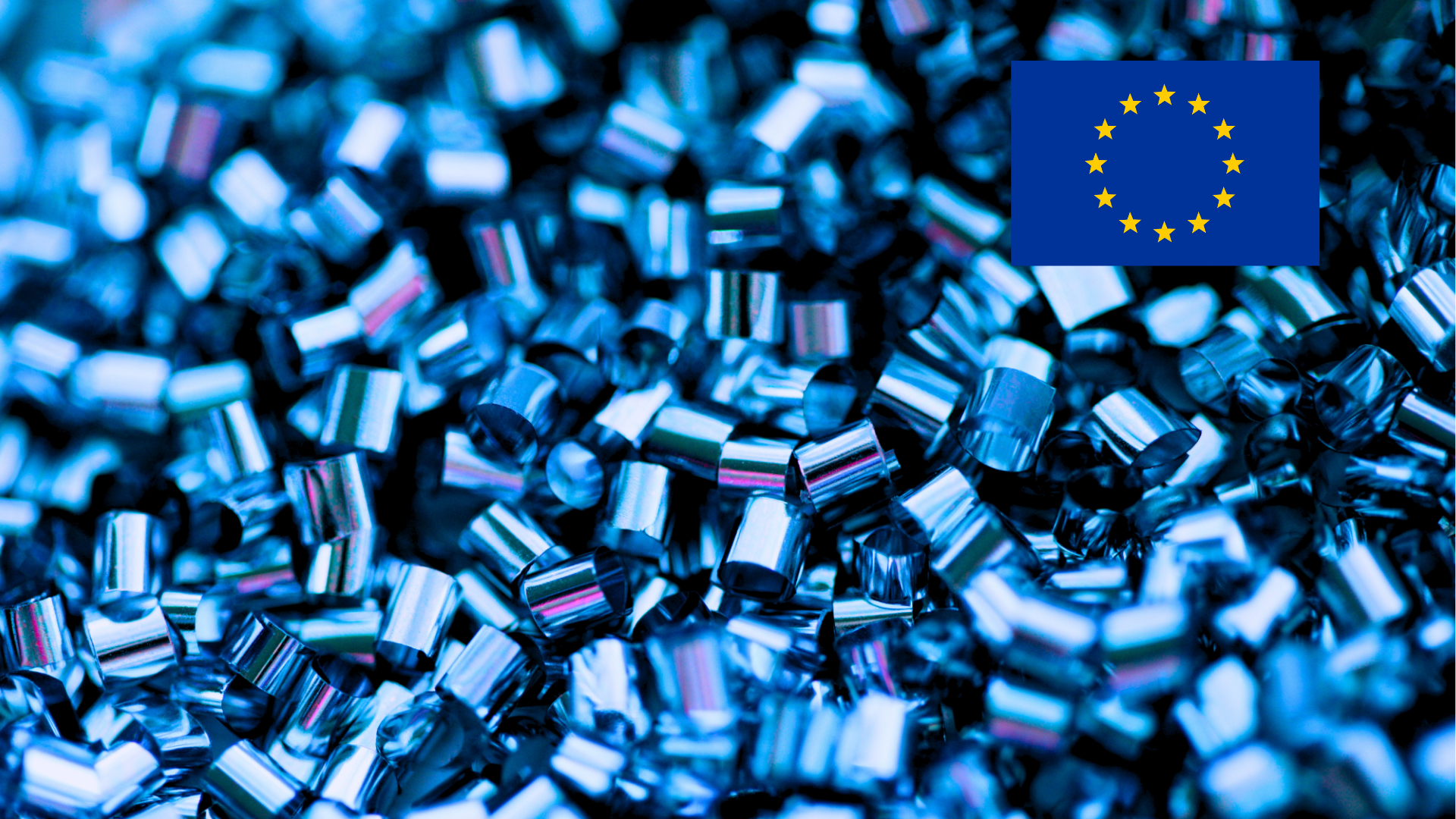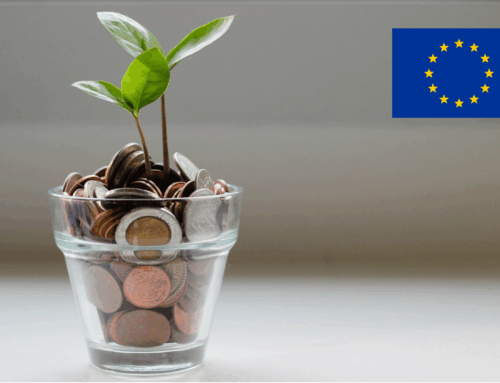On 8 April 2025, the Council of the European Union and the European Parliament reached a provisional agreement on a new regulation to prevent the release of plastic pellets. The aim of the regulation is to significantly reduce environmental pollution caused by microplastics, particularly plastic pellets. Plastic pellets are an industrial raw material that is used to manufacture plastic products and can end up in the environment – both on land and at sea.
According to estimates, between 52,140 tonnes and 184,290 tonnes of plastic pellets were unintentionally released in the EU in 2019 alone. This corresponds to a quantity of up to 7300 lorry loads per year. Such releases can occur along the entire value chain and represent a significant burden for the environment, climate, economy and possibly also human health. To date, there have been no concrete requirements at EU level to counteract this.
The central aim of the new regulations is to prevent the release of plastic pellets along the entire supply chain. In future, all facilities that work with plastic pellets will be obliged to draw up a risk management plan. This plan must define legally stipulated measures to prevent unintentional losses. These include the use of high-quality packaging, specific procedures for loading and unloading, as well as staff training in the safe handling of plastic granulate. Suitable equipment to prevent release is also part of the requirements.
In order to create a level playing field, the new regulations do not only apply to companies from the EU. Transport companies from third countries that transport plastic pellets into the EU are also affected. In future, they will have to appoint an authorised representative based in the EU. This is intended to ensure that transparency and accountability obligations apply equally to all players.
The new regulations also provide for simplified requirements for smaller companies: Operators that handle more than 1,500 tonnes of plastic granulate per year require a certificate issued by an independent body. For smaller companies with the same annual volume, a one-off certification is sufficient, which must take place within five years of the regulation coming into force. Companies with a lower volume and micro-enterprises only need to submit a self-declaration of conformity.
Maritime transport is of particular importance, as around 38 per cent of plastic granulate imported into the EU was transported via this route in 2022. As plastic granulate is particularly durable in aquatic environments and remains there for decades, specific requirements have also been agreed for maritime transport. These are based on the guidelines of the International Maritime Organisation (IMO). Among other things, transport and freight information must be provided and high-quality packaging must be ensured during container transport at sea.
The provisional agreement must now be formally approved by the Council and the European Parliament. The regulation will then be published in the Official Journal of the European Union. It should enter into force two years after publication. An additional transitional period of one year is planned for the regulations in the area of maritime transport in order to facilitate implementation for the stakeholders concerned.
Source: Official website of the Council of the EU and the European Council






